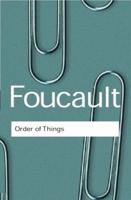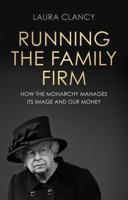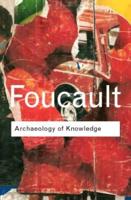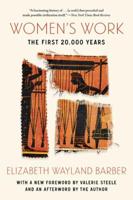Publisher's Synopsis
This enthralling book explores the experience of dying, death, grieving, and mourning in the years between 1830-1920. Victorian letters and diaries reveal a deep preoccupation with death because of a shorter life expectancy, a high death rate for infants and children, and a dominant Christian culture. Drawing upon the private correspondence, diaries and death memorial of fifty-five middle and upper class families, Pat Jalland shows us how dying, death and grieving were experience by Victorian families, and how the manner and rituals of death and mourning varied with age, gender, disease, religious belief, family size and class. She examines deathbed scenes, good and bad deaths, funerals and cremations, mourning rituals, widowhood, and the roles of religion and medicine.











